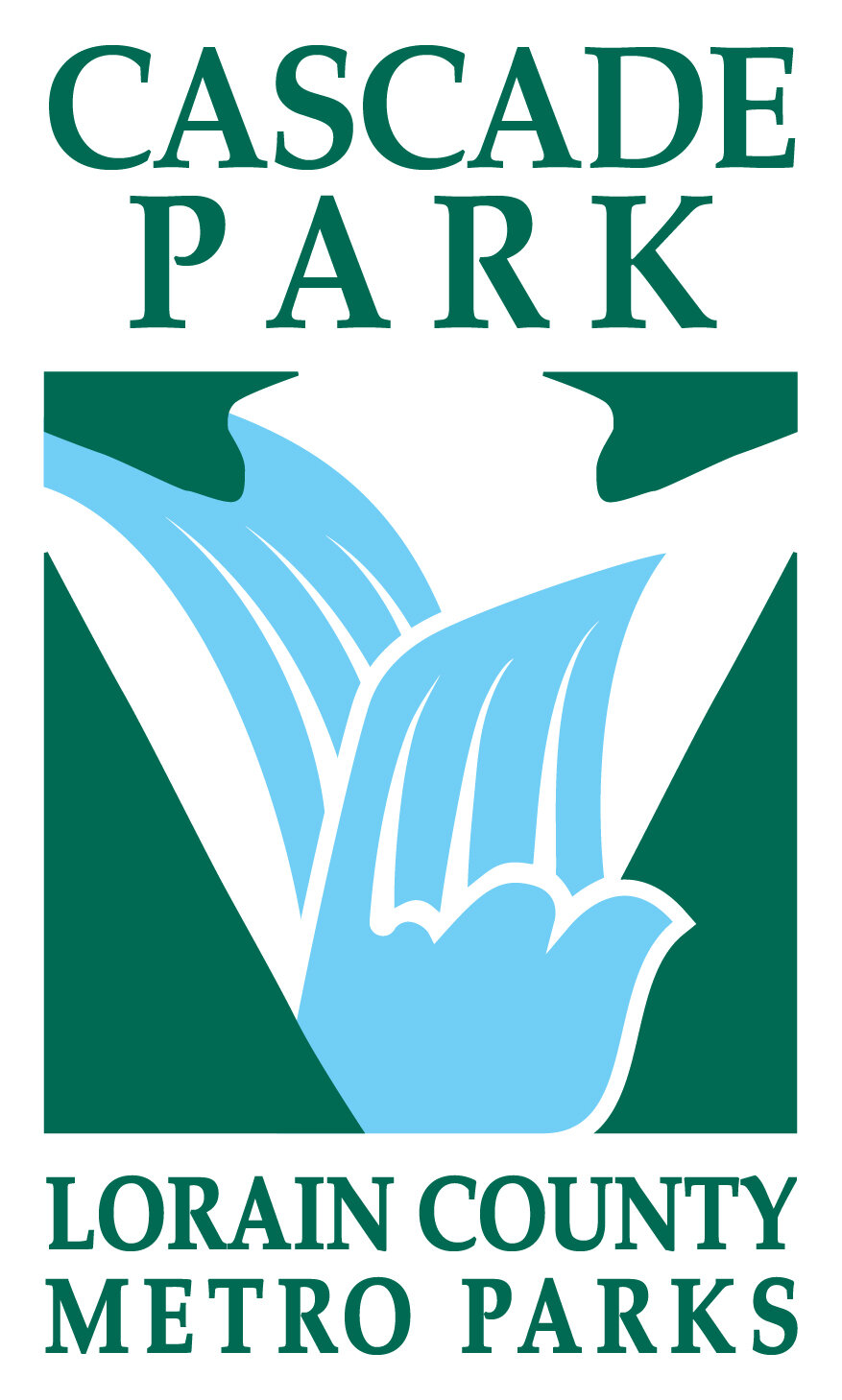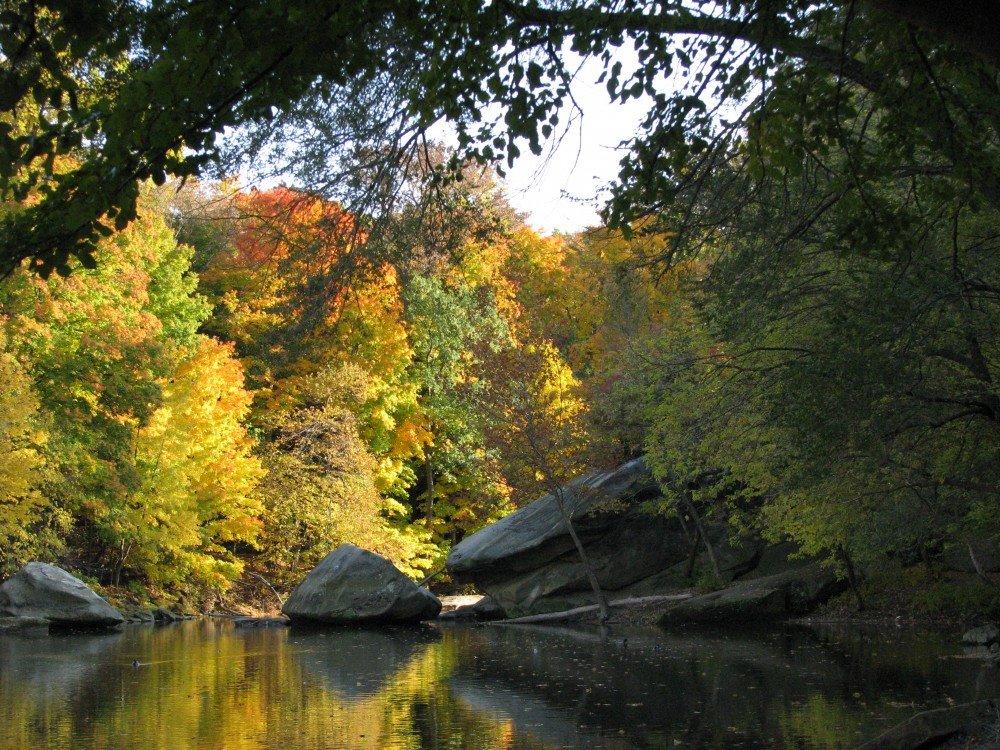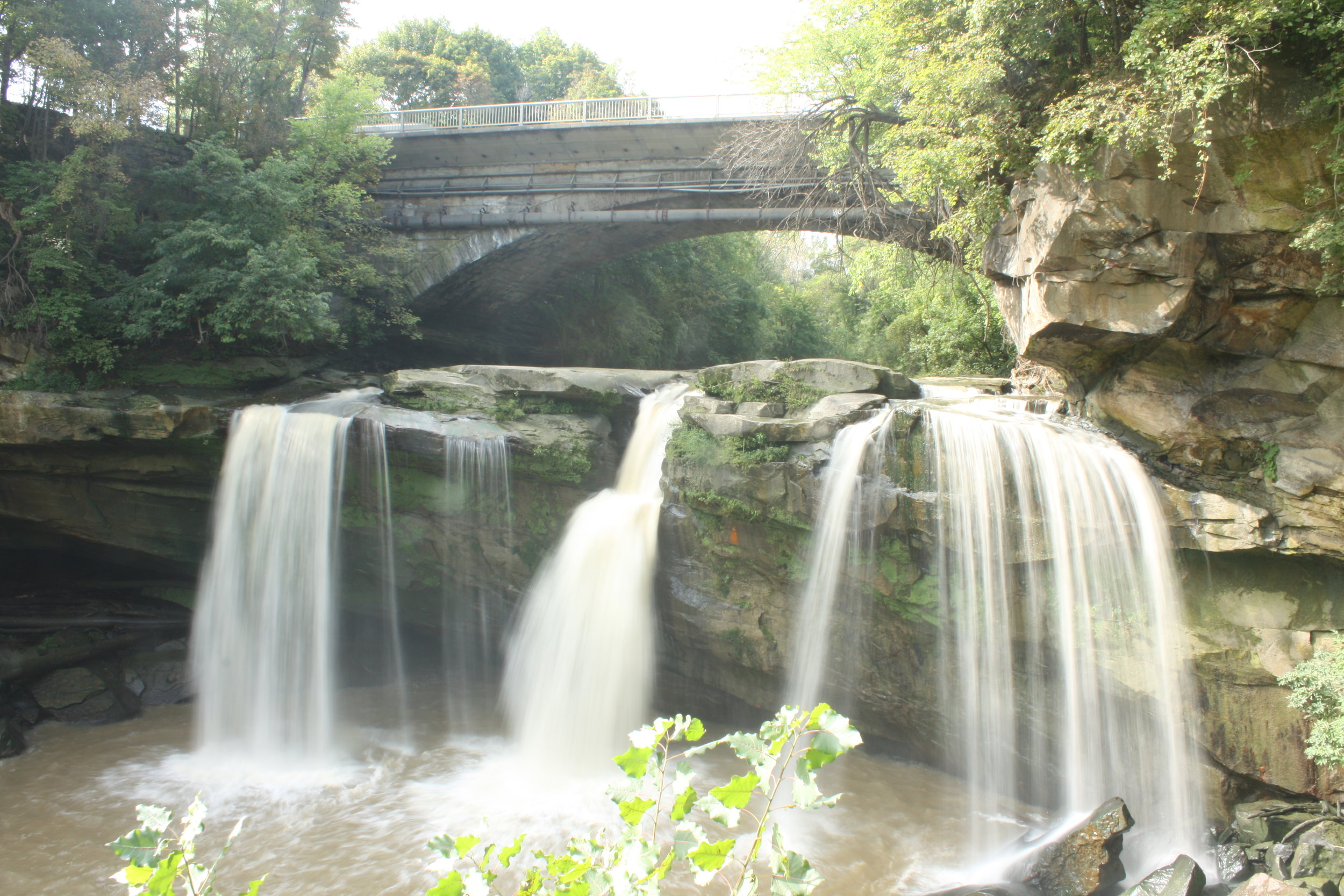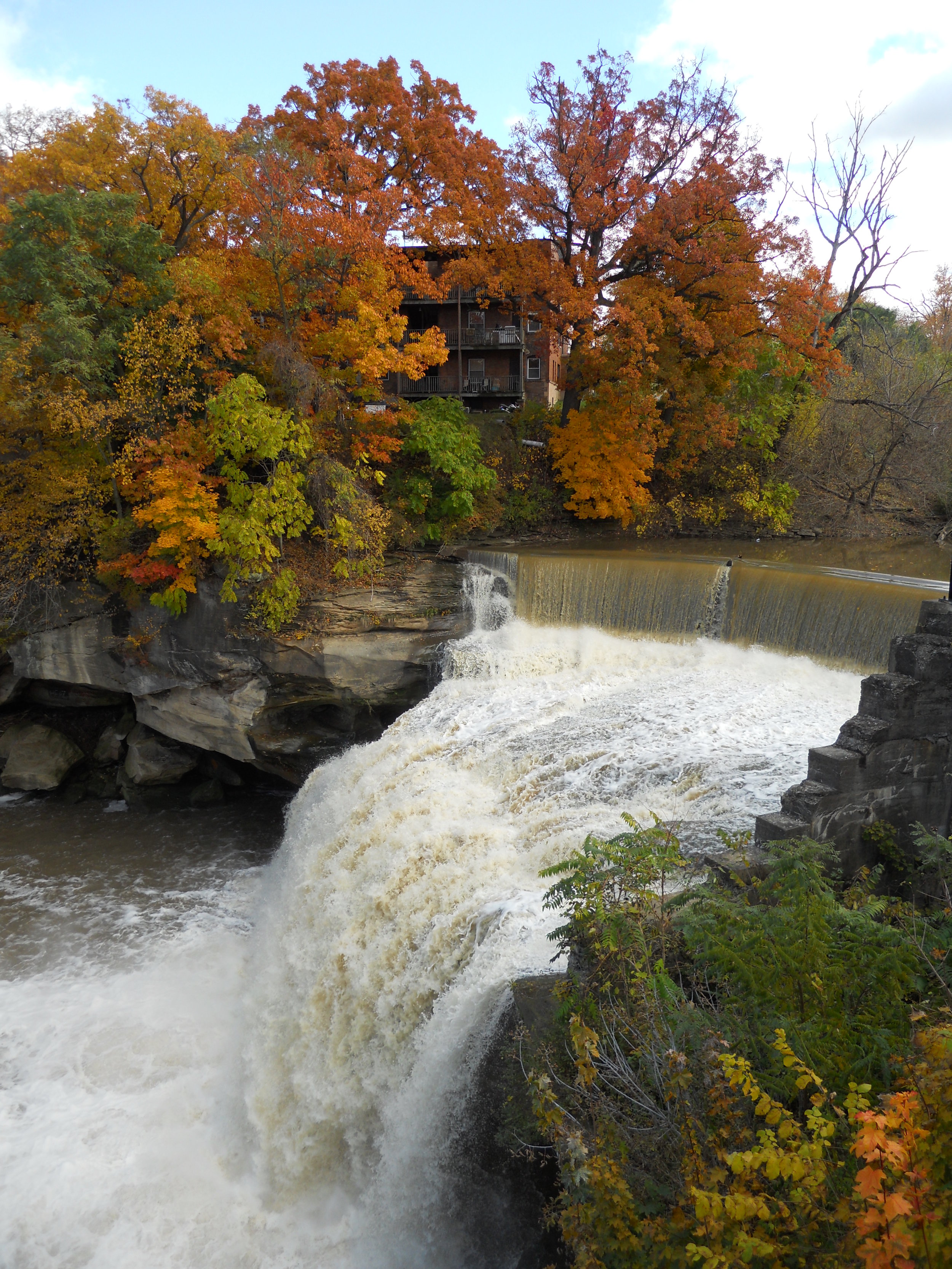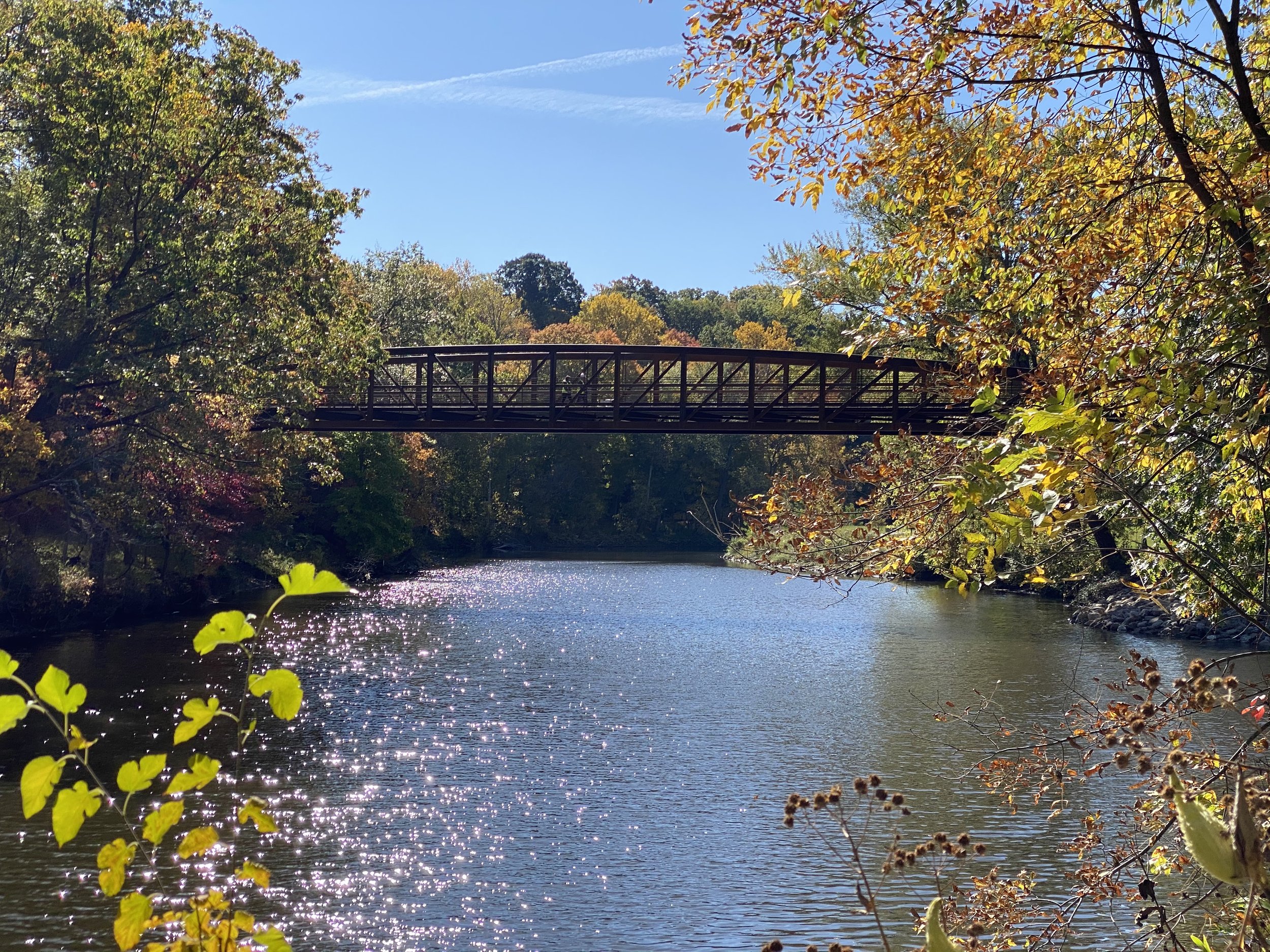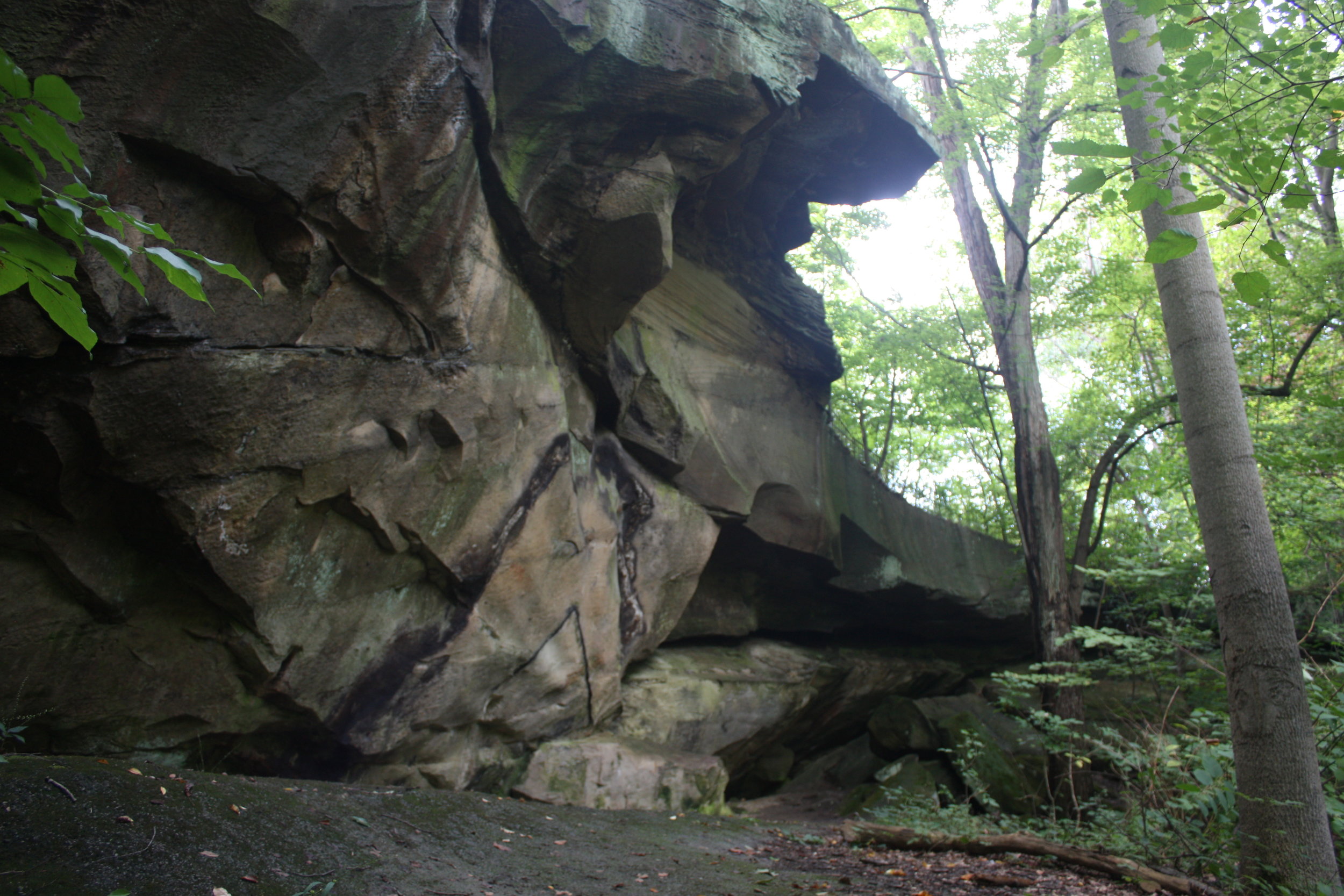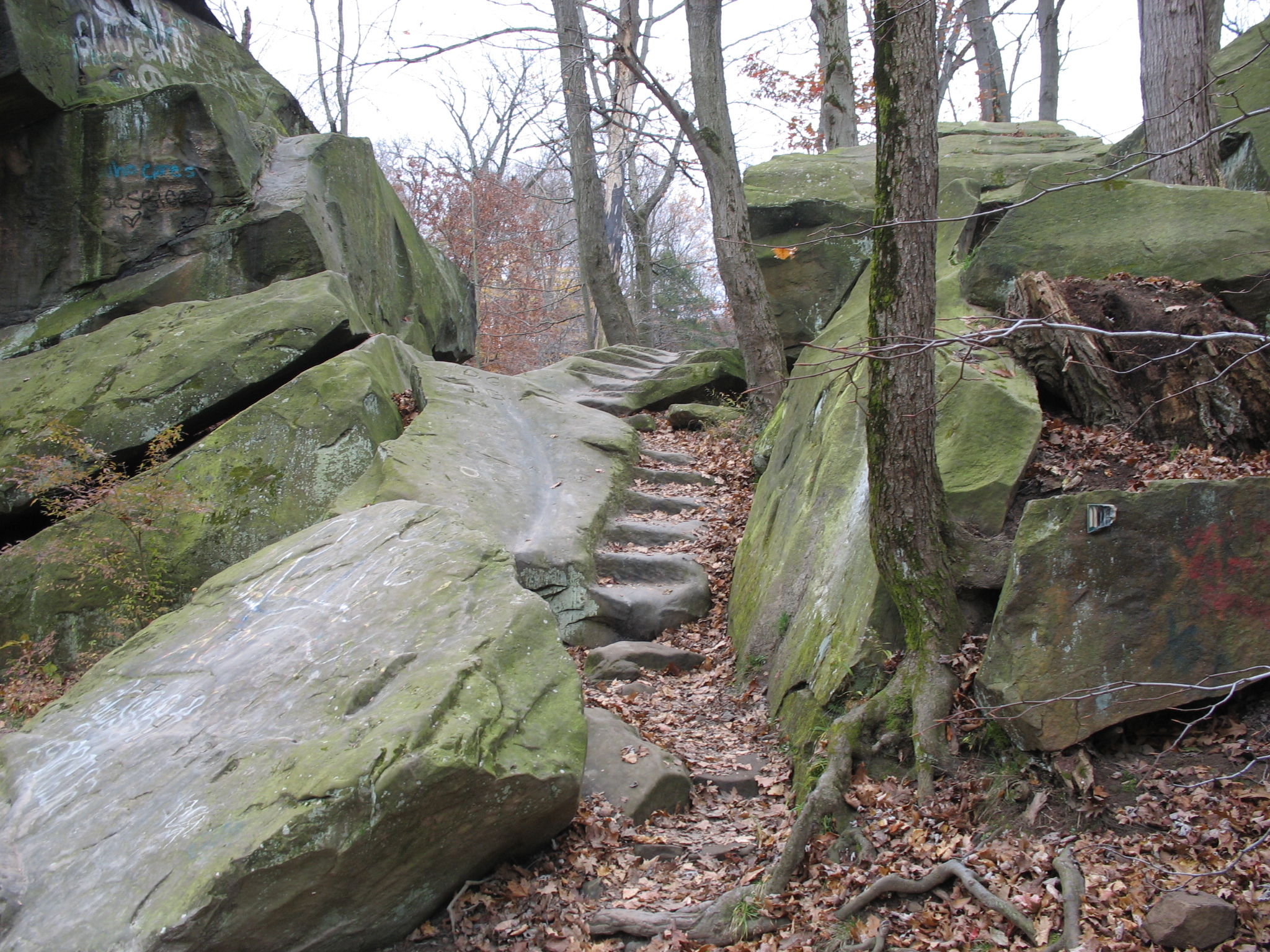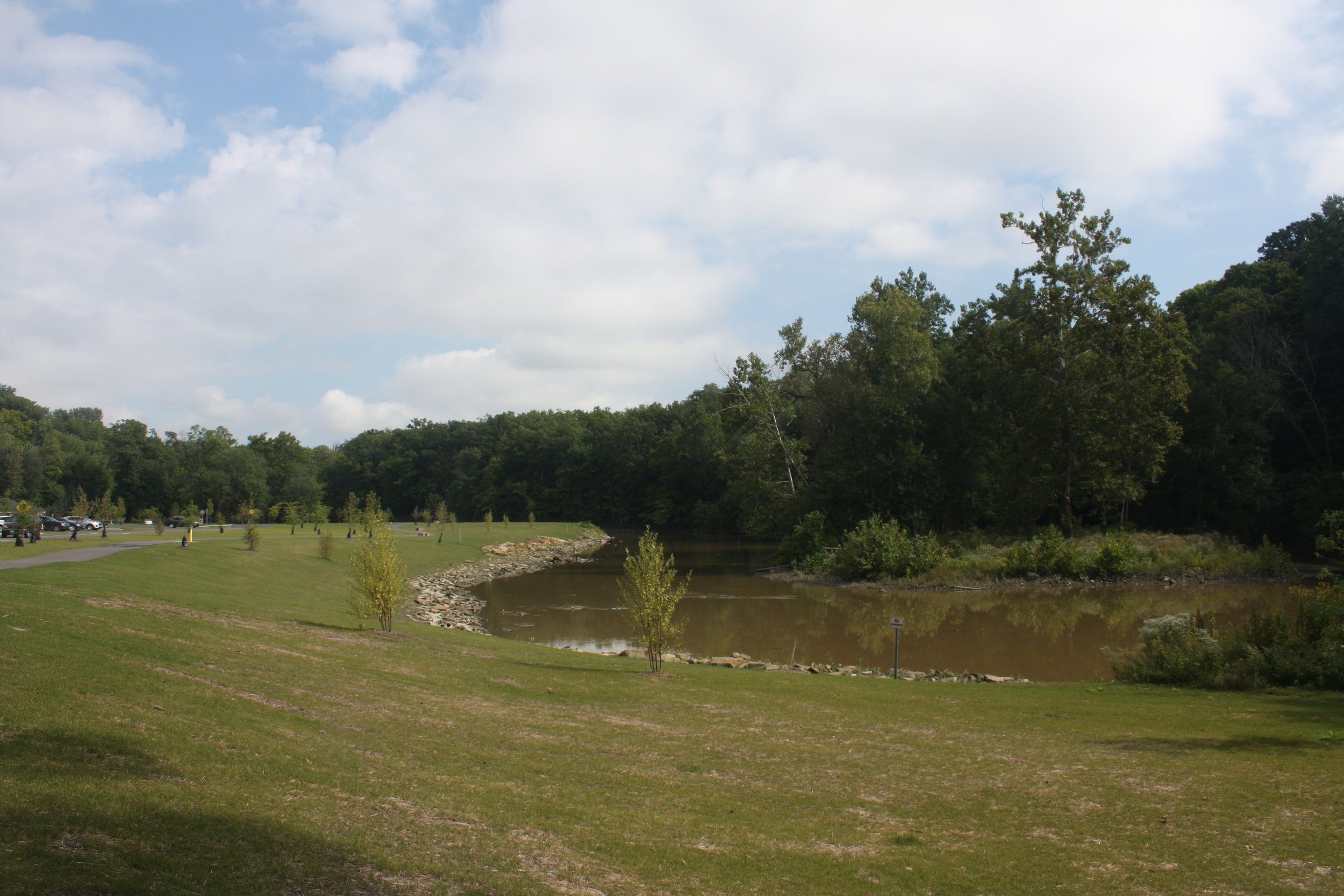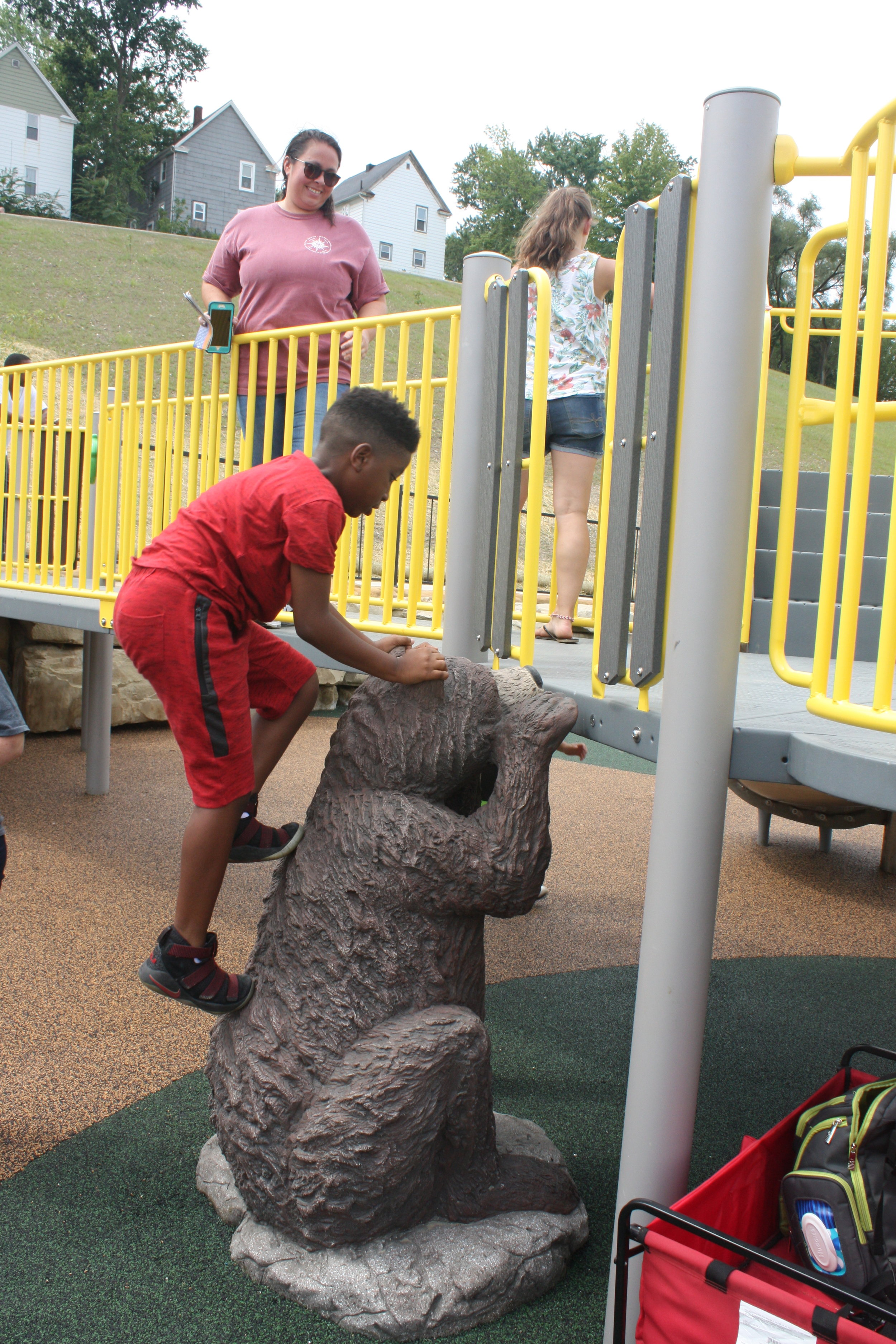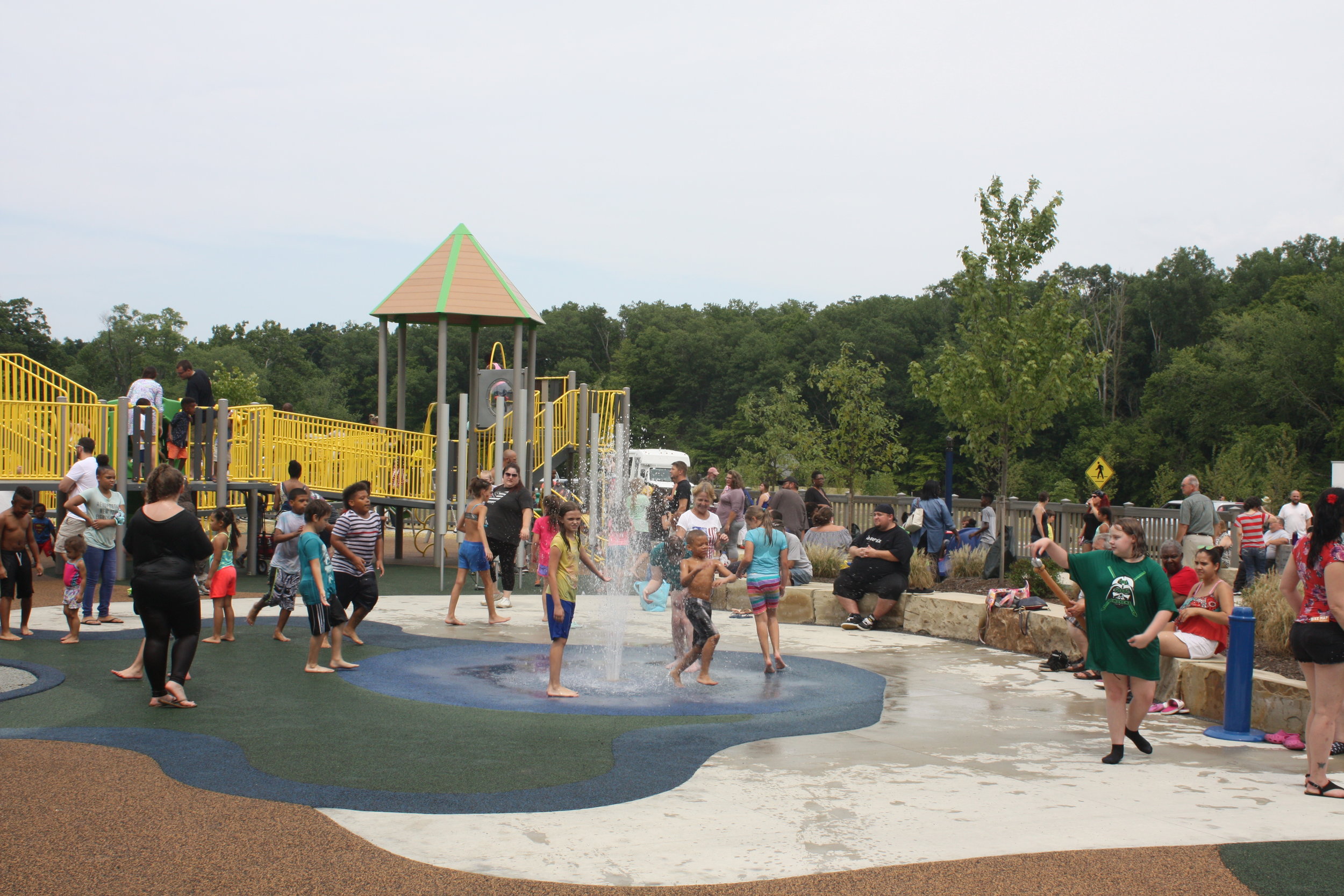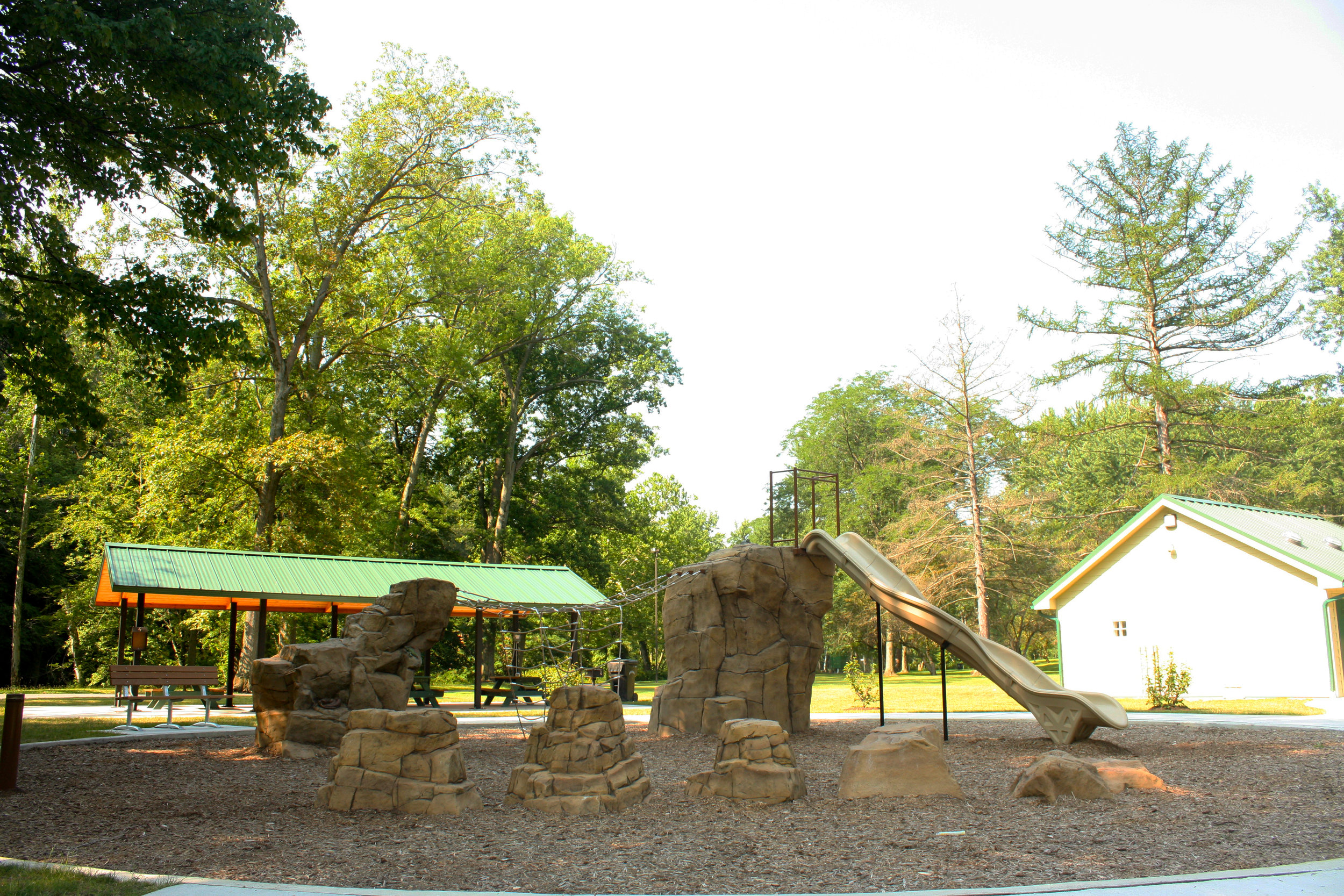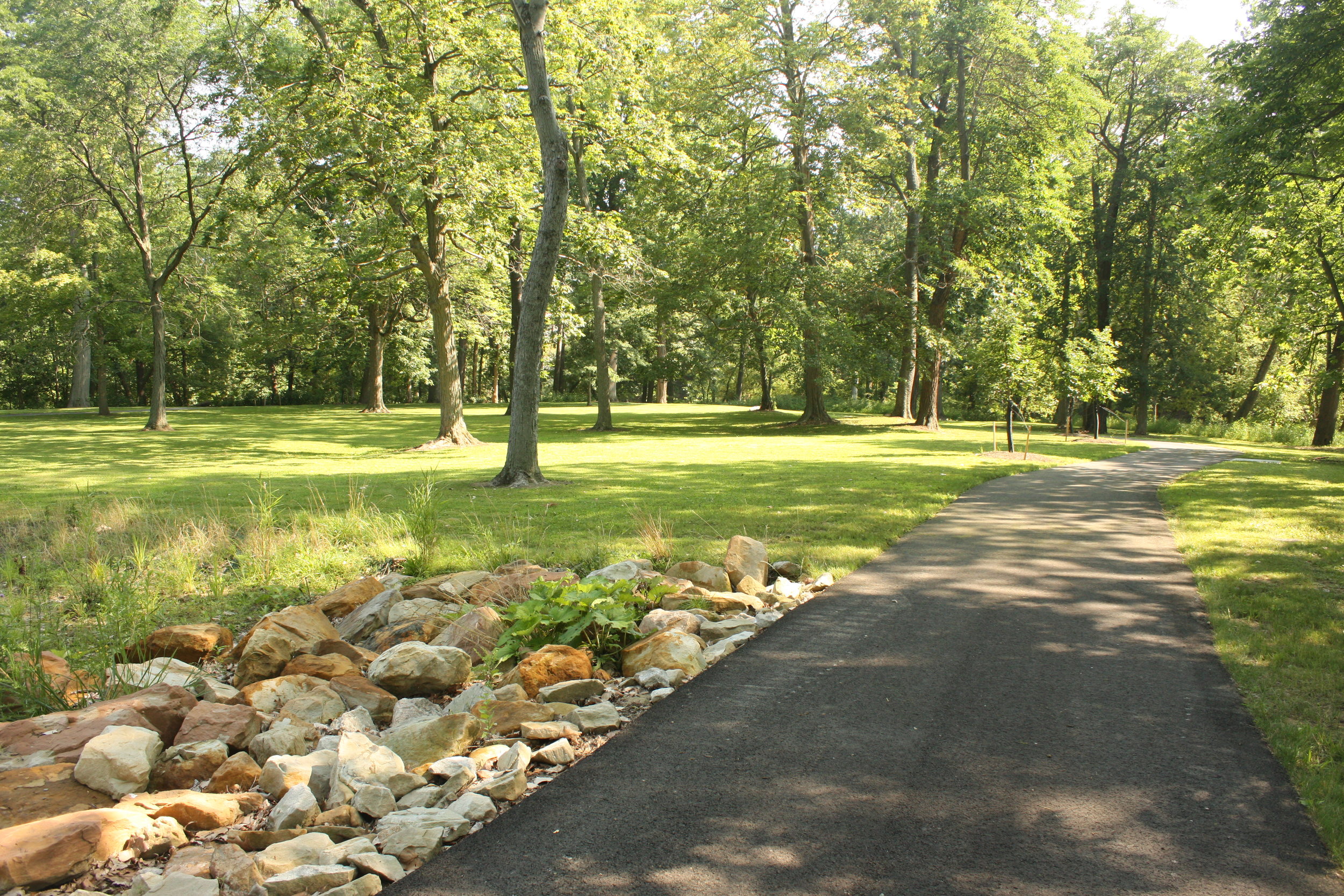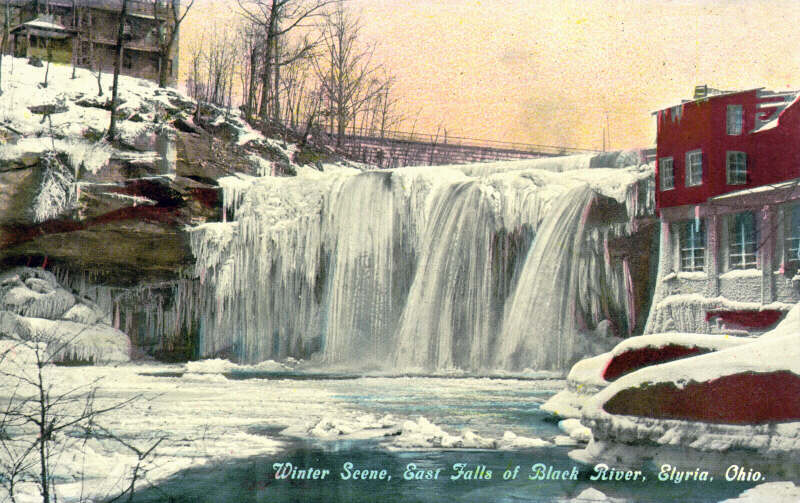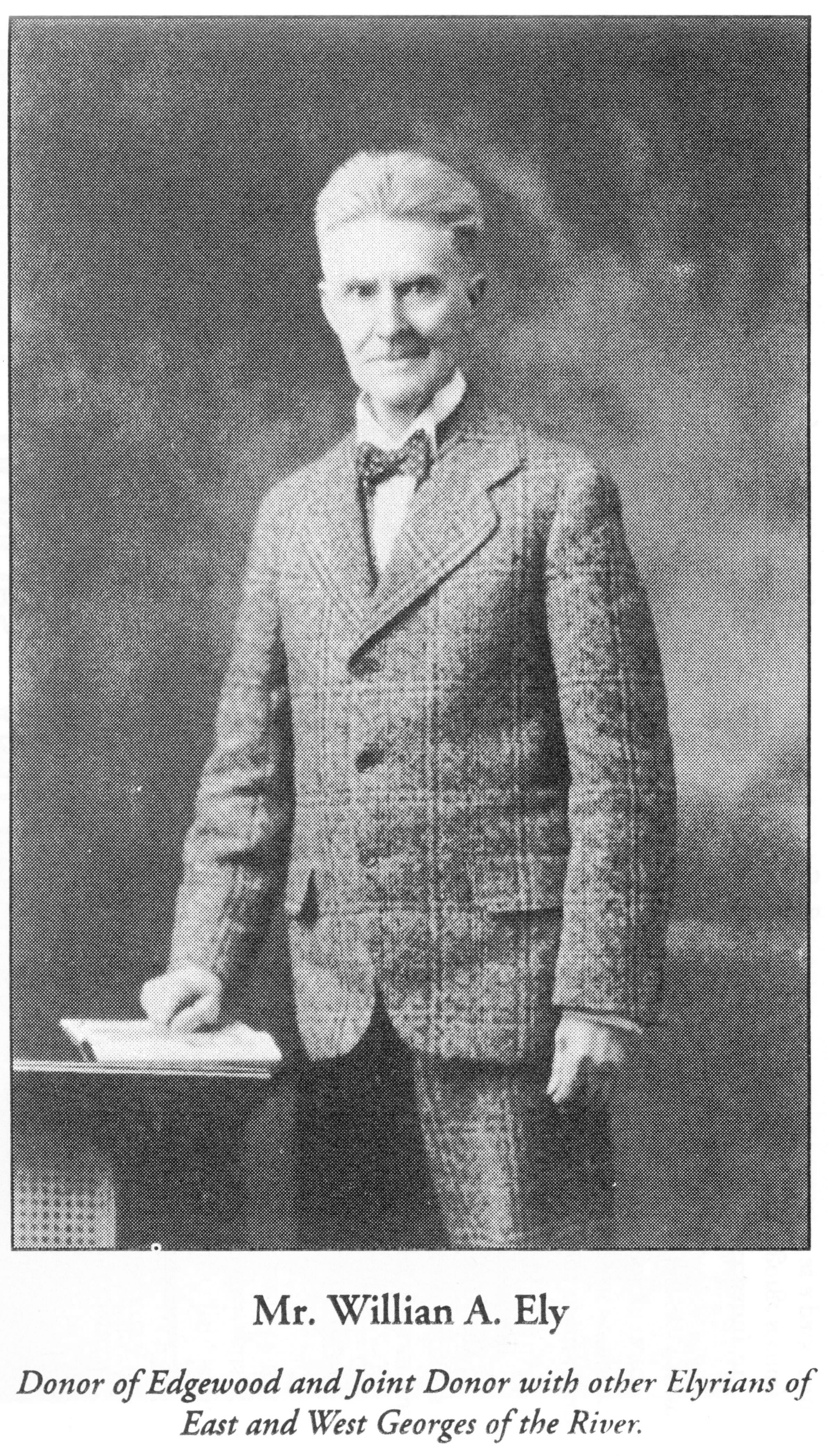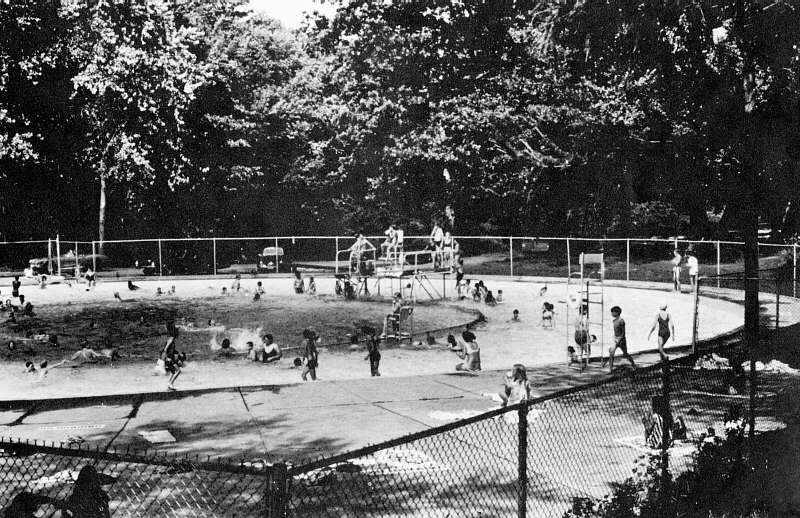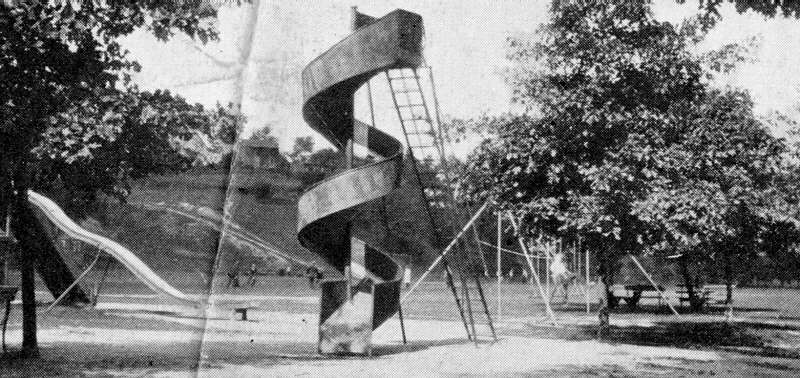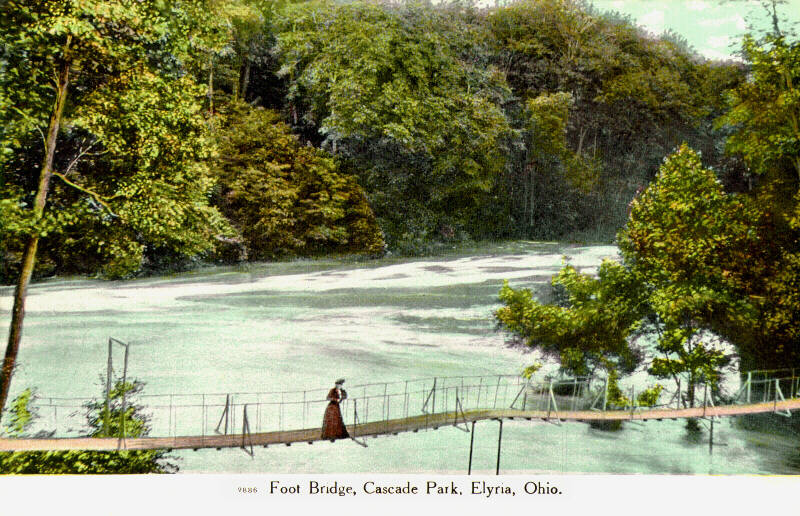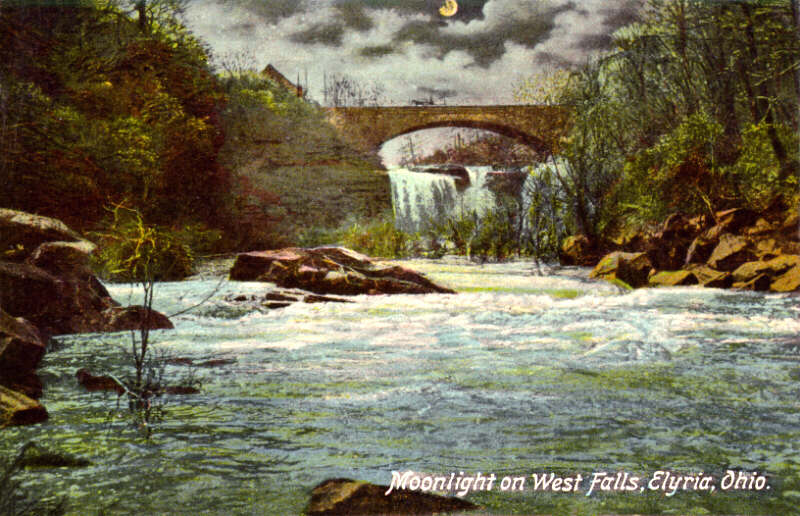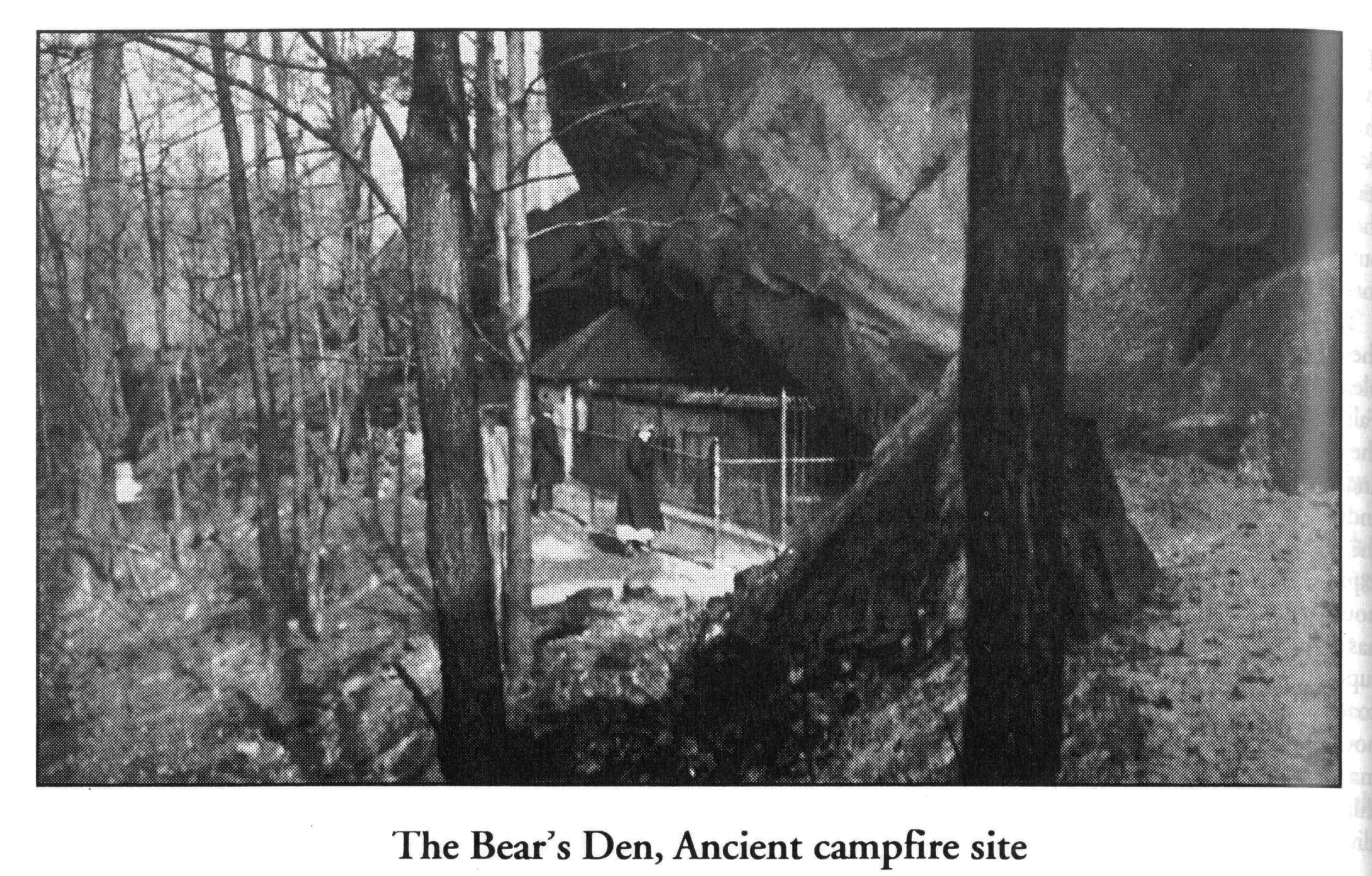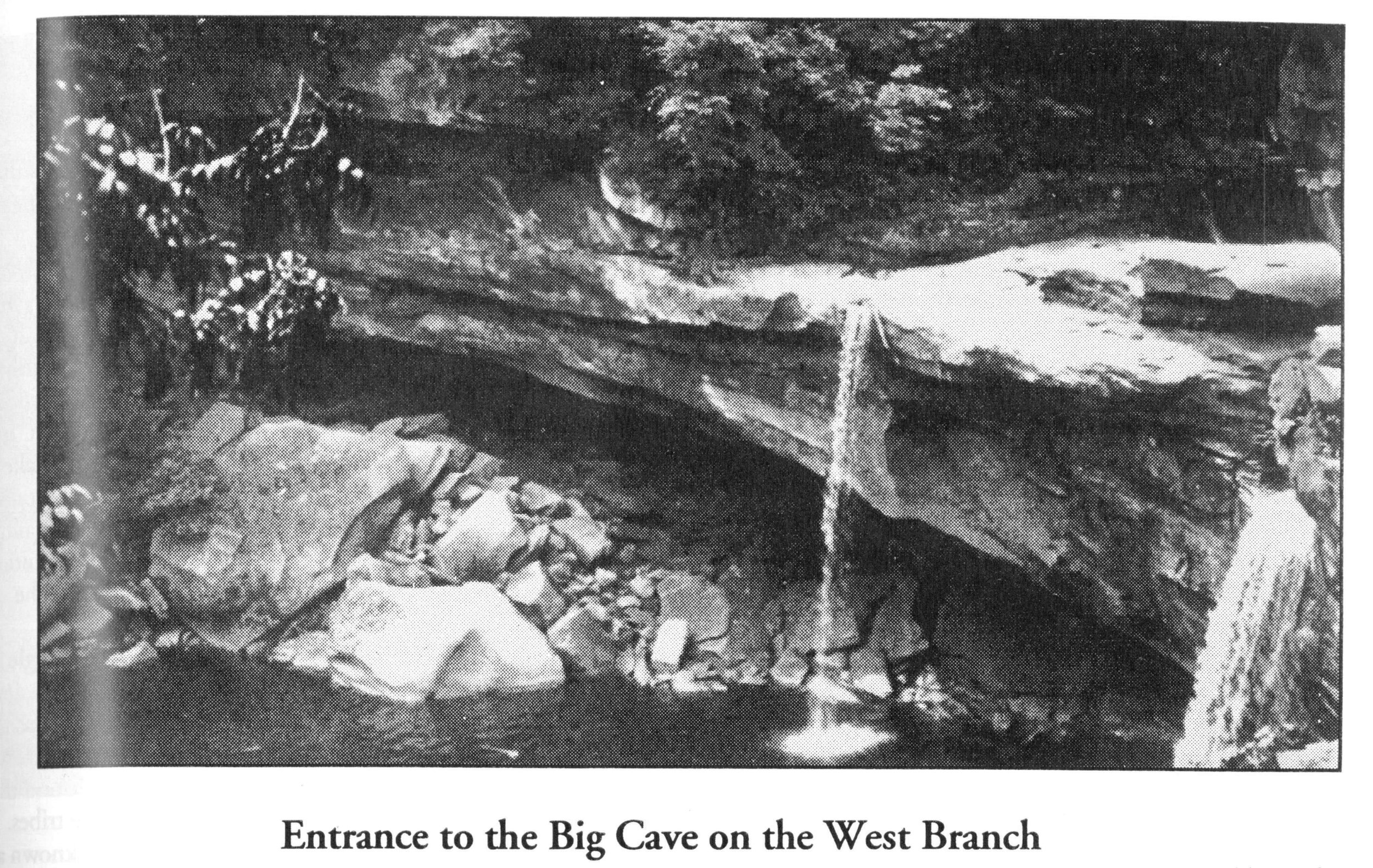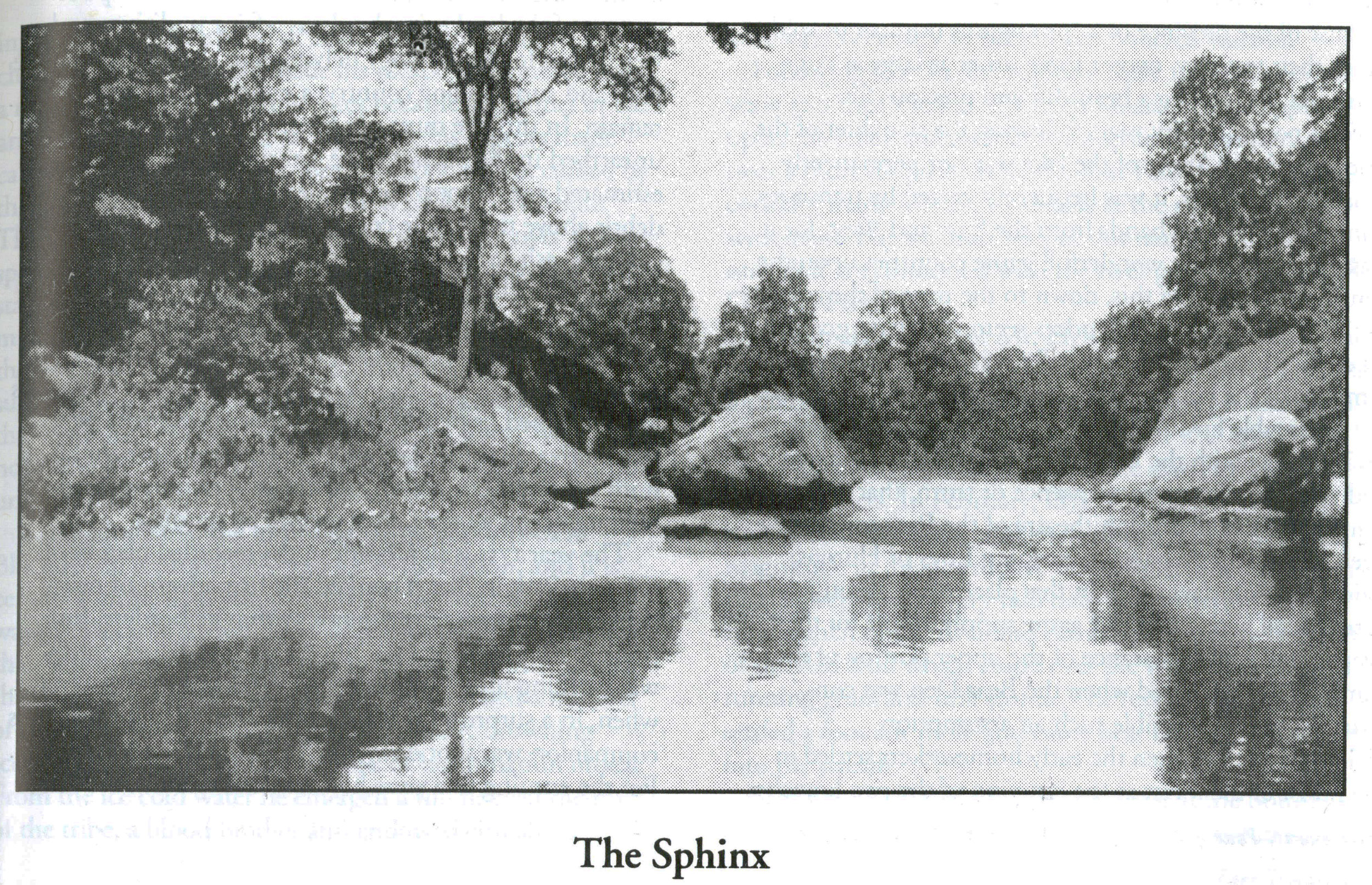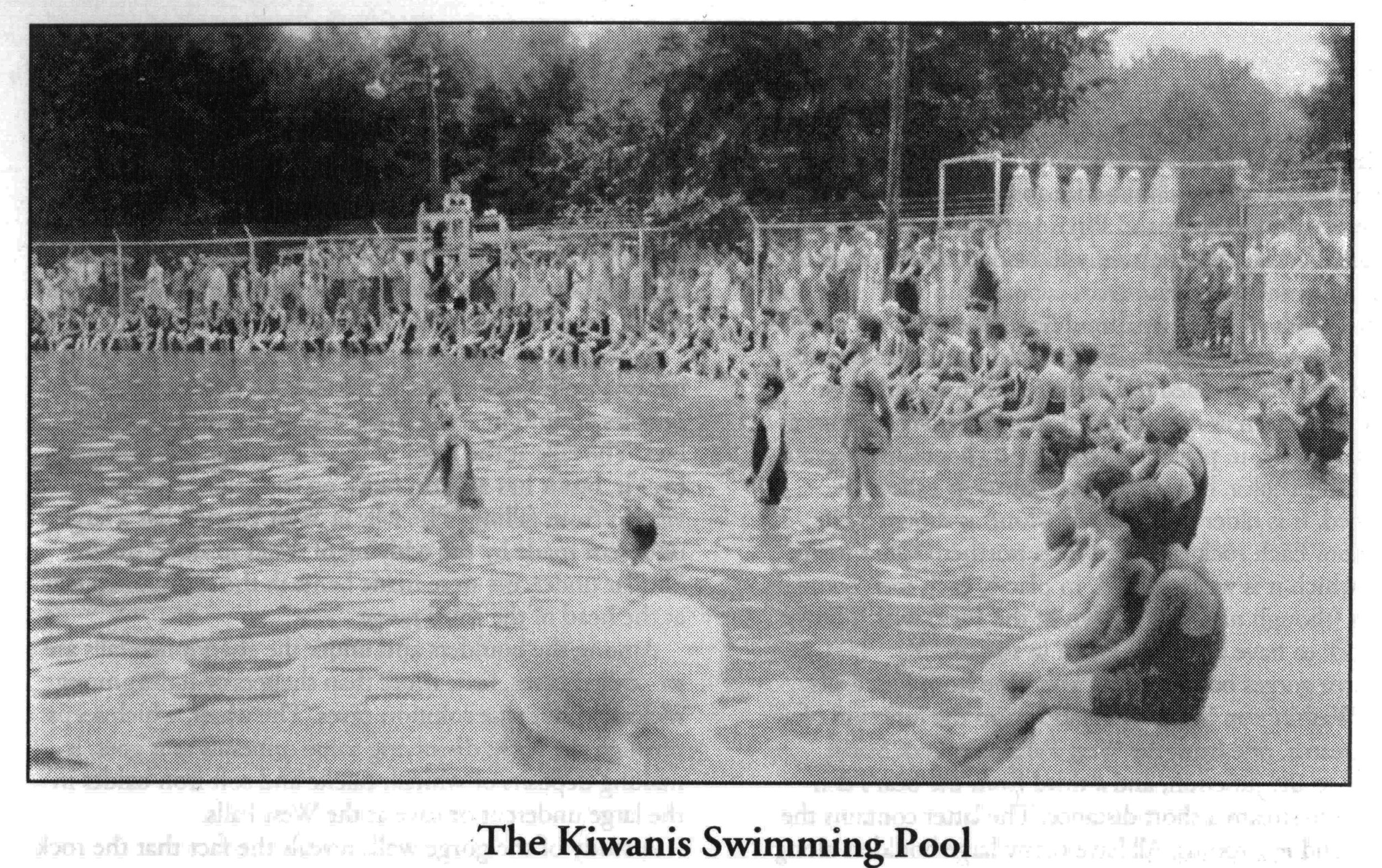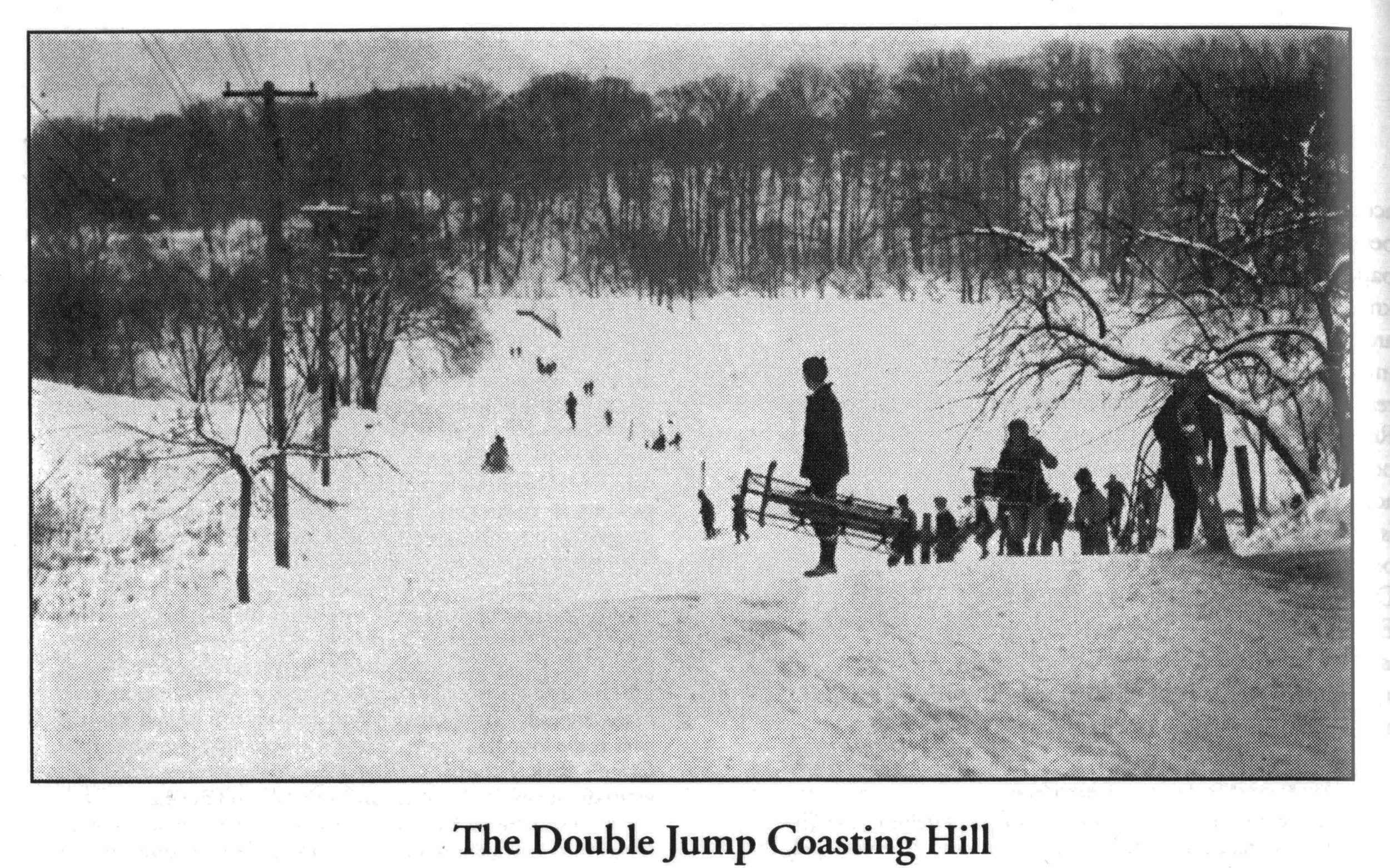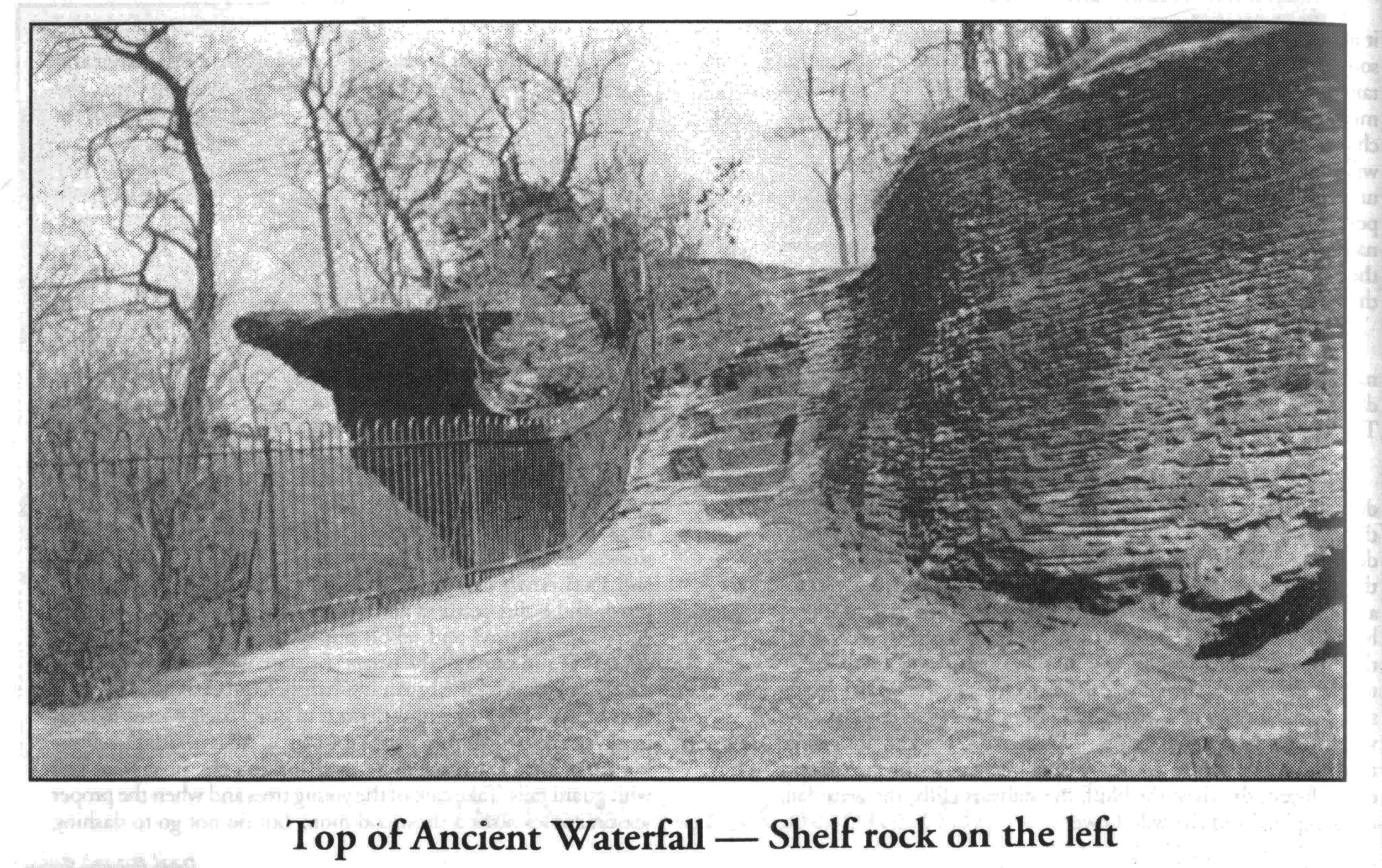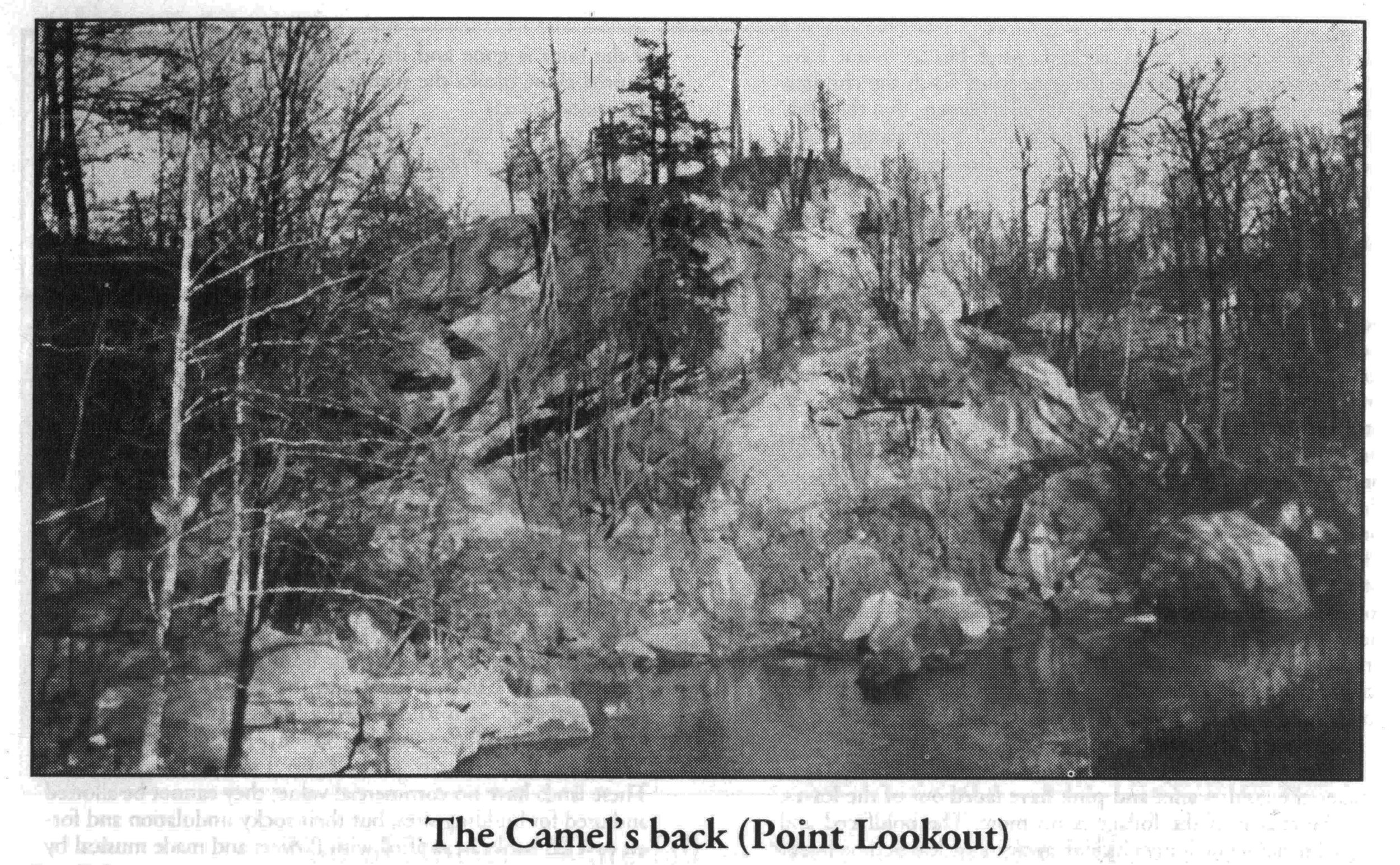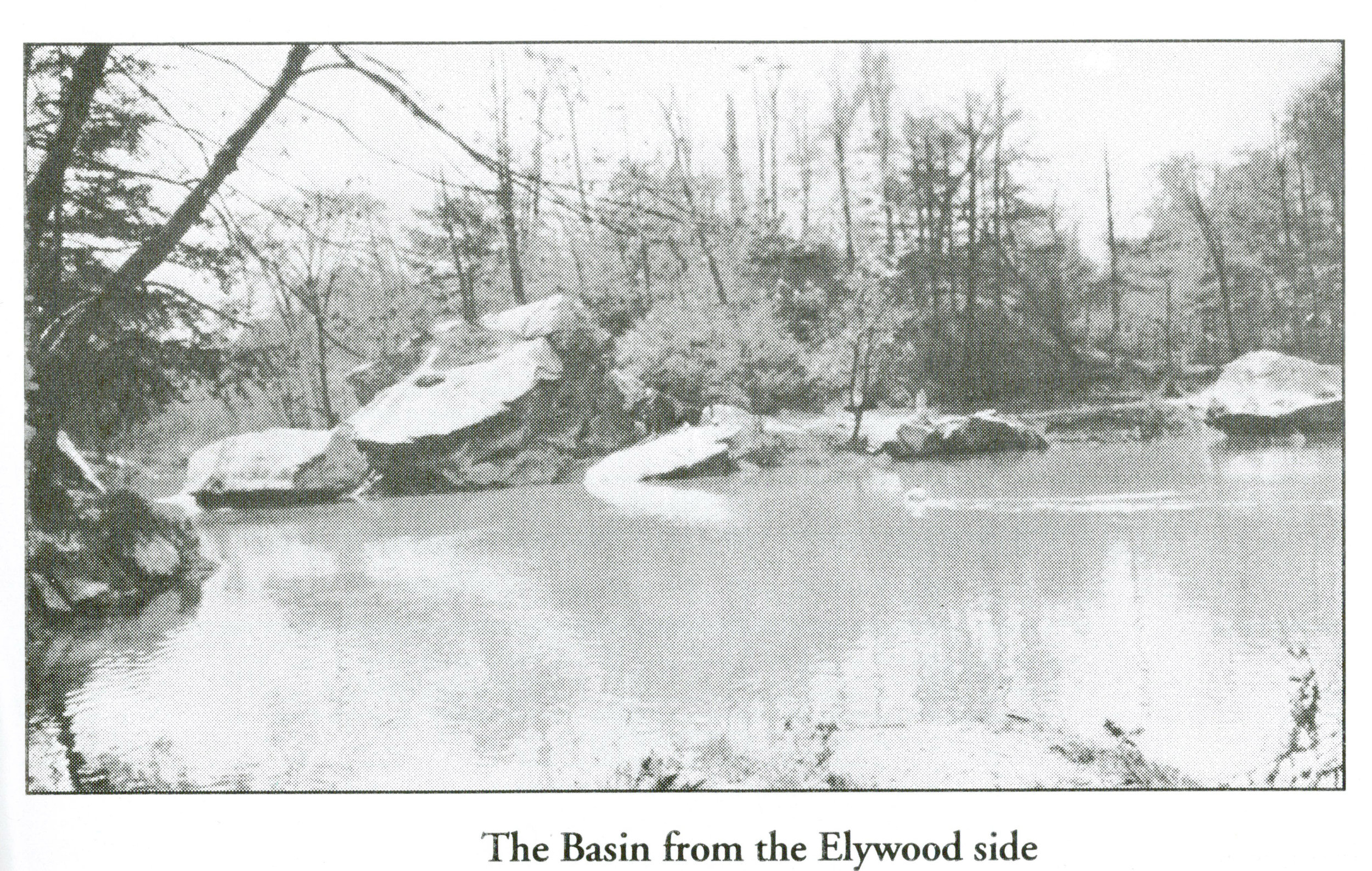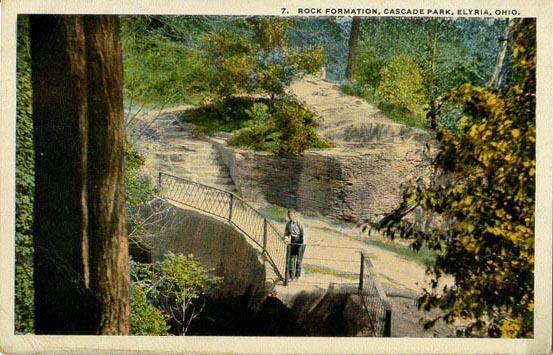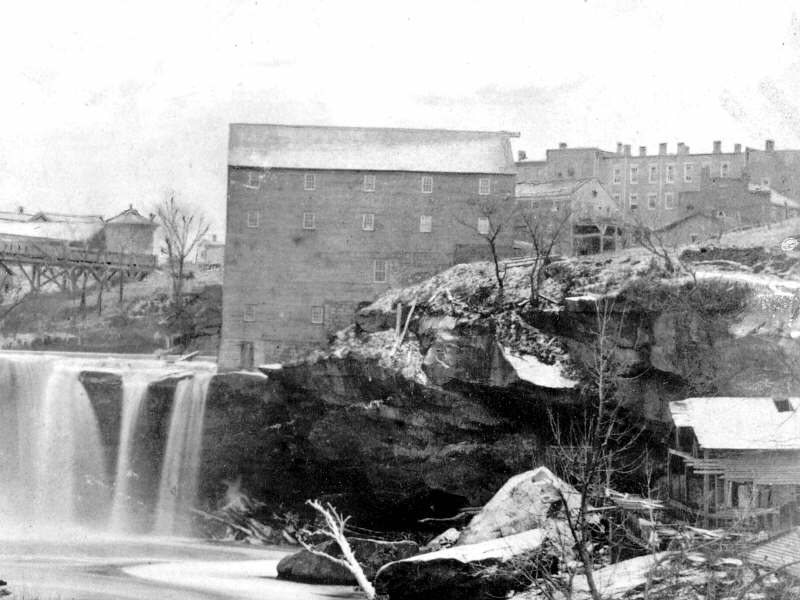Hours: 8 a.m.-Sunset (?), Daily
Cascade Park is 145 acre tract of natural land in the heart of Elyria. The East and West Branches of the Black River meet at Cascade forming the Park’s namesake Falls; in 2014 the Lorain County Metro Parks, in partnership with the city, assumed control of operations.
HIGHLIGHTS
The East (30’ high/ 50’ wide) and West Falls (35’ high/ 80’ wide) at Cascade Park are two of Lorain County’s most noteworthy and spectacular natural features. Along with rugged rock formations, cave-like recesses, and hemlock-lined stream segments, they’ve formed the core of an Elyria city park with a history extending back to 1894. Since 2014 Lorain County Metro Parks has concentrated on upgrading and revitalizing Park facilities and establishing a needed presence in this part of the Black River Valley.
The most prominent addition to the park is a 440’ bridge (installed in 2020) which spans the Black River and connects the main body of Cascade Park to Elywood Park. The bridge provides a crucial link for the Black River Bikeway along the North Coast Inland Trail. Cascade’s diverse trail system allows visitors access to the bridge and other asphalt segments as well wooden bridges, overlooks, and staircases cut in stone. Cascade also has a Nature Center, two Inclusive Playgrounds, and Reservable Shelters.
Picnic Areas
Cascade Park is comprised of three sections: the main entrance located at 387 Furnace Street, 19 Acres at the northern end of the park off Floradale Street, and Elywood situated on the east side of the river accessible from Washington Avenue.
The main entrance of Cascade Park features the historic sledding hill. At the base of the hill sits a large playground, restrooms, and Shelter #1. The Cascade Nature Center is located here as well.
The north end of the park is referred to as 19 Acres and is situated where the Black River switchbacks. A small playground, restroom and Shelters #4 and #5 are located in this section. This area is accessible by walking path near the park maintenance building off of Floradale Street.
The Elywood portion of the park can be accessed off of Washington Avenue. Here Shelter #6 sits in the shade near a small playground and restroom.
NATURAL HISTORY
Cascade’s uniquely rugged scenery is particularly striking given its location in the heart of Lorain County’s 2nd largest city. The site’s urban setting and long history as an Elyria City Park impart a well-established feel to many of the Park’s old trails.
The site’s long history is also documented by its cascading falls, mature trees, and exposures of Late Devonian age Berea Sandstone. The hemlocks at Cascade harken back to a time when regional climate was cooler; Cascade is one of relatively few sites along the Black that still supports them.
All in all, a visit to Cascade imparts a unique blend of the old and new. The venerable site is well positioned for a long and successful second act.
Geology
Even though the watershed is comprised of more than 50% agricultural farmlands, the bedrock of the Black River forms the backbone of Cascade Park. The bedrock was formed more than 300 million years ago when much of Ohio was covered by a tropical sea.
Berea sandstone forms the crest of two large waterfalls. For more than 13,000 years, massive rock has been eroded, frozen, cracked, split, and weathered into the narrow gorges visitors see today.
Forests
Small tributaries enter the park from both east and west forming deep cuts into the bedrock. These smaller streams form micro-climates in which more northerly species of plants may survive in the cooler environments. Hemlock is one of those species which is considered a northern tree, yet appears within these special habitats.
Sycamores grow in the bottom of the floodplain near the river along with buckeye trees, cottonwoods, tulip poplars, black walnuts and willows. These forests are a perfect habitat for numerous species of songbirds.
HISTORY
Cascade Park and the surrounding area have a long and storied past. The protection and resources the valley provides have attracted Native Americans, European Explorers, Pioneers, and Settlers for centuries. Native American fortress sites along the Black River are thought to be built thousands of years ago.
In 1755, some 60 years before the first settlers arrived, 18-year-old James Smith was working on the road being built from Virginia to Fort Pitt when he was captured by a tribe of Native Americans. The party spent some time in the area of the Black River, gathering berries, fishing in the river, and hunting game. Smith eventually escaped his captors and later published a memoir about his captivity in 1799. In 1812 he released another book regarding Native-American fighting techniques based on his observations during captivity.
Heman Ely, from Massachusetts, arrived in the Western Reserve in 1816 and settled the area between the two branches of the Black River, establishing a boarding house and a gristmill. From this early settlement emerged the present-day Elyria. Cascade Park came to fruition in 1894 when members of the Ely family deeded a portion of the valley to the city of Elyria.
Cascade Park’s history throughout more recent years has included a cable bridge crossing the river, a cage where a family of black bears was penned, and roads fording the river.
Hours
8 a.m.-Sunset
Daily
Contact
For shelter and room rentals, please contact administrative offices at (440) 458-5121

